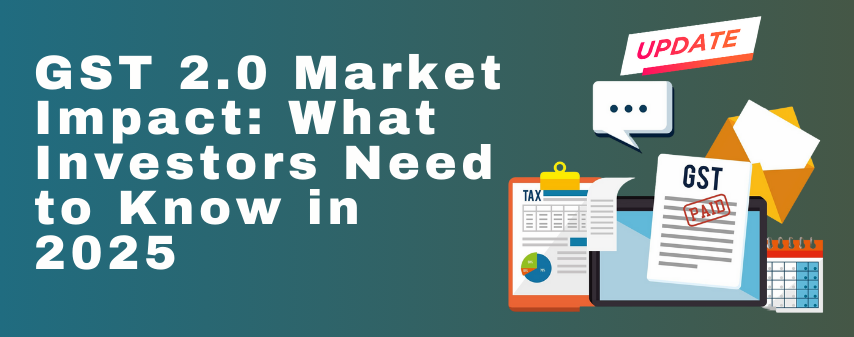
Level Up Your SIP: The “Repo-Rate Tilt” Strategy
Most investors run their SIPs (Systematic Investment Plans) in a straight line. A fixed amount goes into equity, a fixed

Diversified investments managed collectively by professionals. Following are the related essential terms that you should know about.
Mutual funds primarily investing in stocks, offering potential for high returns but with corresponding market risk.
Mutual funds primarily investing in fixed-income securities like bonds and treasury bills, offering steady income with lower market risk compared to equity funds.
Investment vehicles combining both equity and debt instruments in a single portfolio, offering a balance between growth and income potential.
Stocks represent ownership in a company and entitle shareholders to a portion of its profits and assets.
Profits earned from the sale of capital assets such as stocks, real estate, or investments, exceeding their purchase price.
Long-Term Capital Gain on Shares »
Long-Term Capital Gain Tax on Shares »
Long-Term Capital Gain on Mutual Funds »
Long-Term Capital Gain Tax on Mutual Funds »
Short-Term Capital Gains Tax »
Short-Term Capital Gain on Shares »
Short-Term Capital Gain Tax on Shares »
A financial instrument where a sum of money is deposited with a bank or financial institution for a fixed period at a predetermined interest rate
A savings scheme offered by banks where individuals deposit a fixed amount regularly over a predetermined period, earning interest upon maturity.
A sum of money borrowed from a lender, typically with an agreement to repay the principal amount along with interest within a specified time frame.
Investment options offered by government or other public sector institutions allowing individuals to deposit and accumulate funds over time while earning interest.
It is the process through which a private company offers shares to the public for the first time, allowing it to become a publicly-traded entity.
It is issued by a financial institution that allows the cardholder to borrow funds for purchases, with an agreement to repay the borrowed amount along with interest or within a specified grace period.
Tax refers to the mandatory financial contribution levied by the government on individuals, businesses, or other entities based on their income, profits, or transactions, used to fund public expenditure and services.
It is a unique identification card issued by the government containing a 12-digit number that serves as a proof of identity and address for residents.
It is a unique identification card issued by the Income Tax Department, containing a 10-character alphanumeric code, used for financial transactions and tax-related purposes.

Most investors run their SIPs (Systematic Investment Plans) in a straight line. A fixed amount goes into equity, a fixed

When you invest in an equity fund, you prepare for battle. You know the market will swing, and you expect

In India, millions of households continue to hold onto cash, even as markets deliver impressive returns. The preference for safety

GST 2.0 is more than just a policy reform—it’s a reset button for India’s growth story. It rewards sectors tied

With thousands of schemes available, selecting the right mutual fund can feel like searching for a needle in a haystack.

With thousands of schemes available, selecting the right mutual fund can feel like searching for a needle in a haystack.